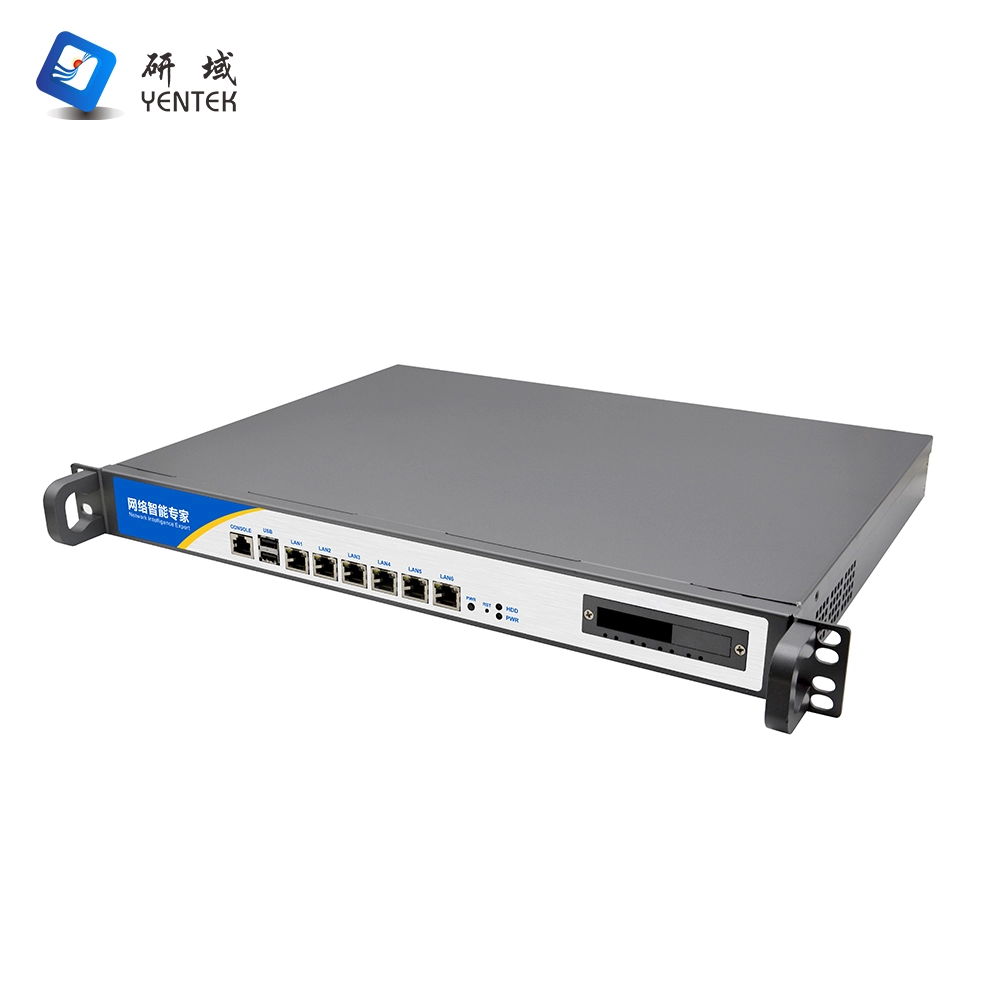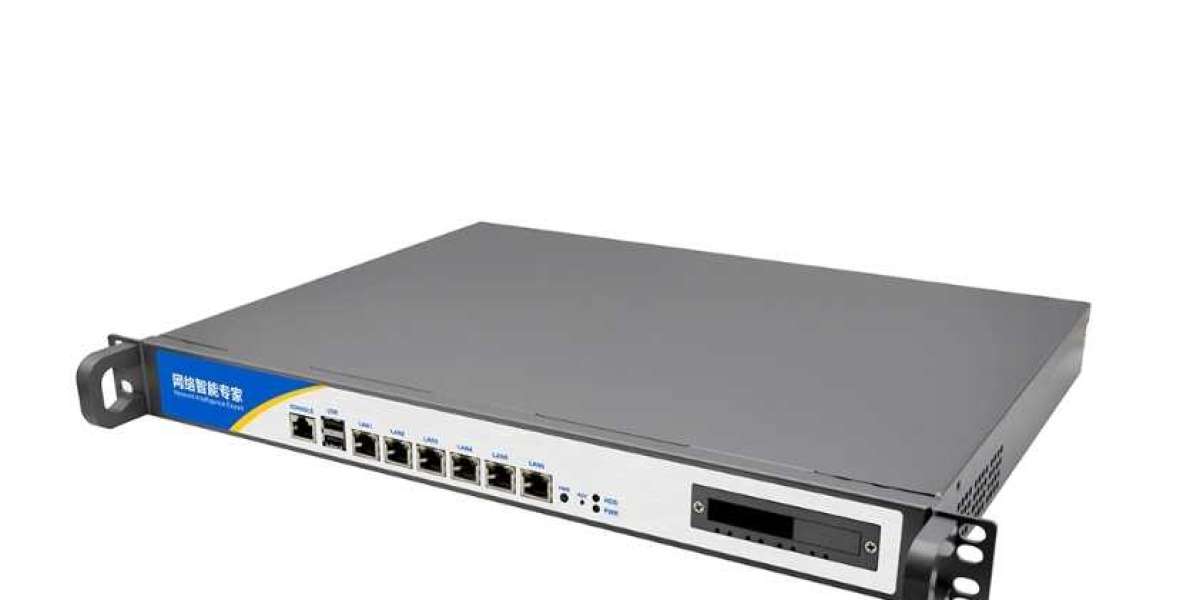In digital landscape, cybersecurity is a paramount concern for businesses of all sizes. As cyber threats evolve, organizations must adopt robust security measures to protect their sensitive data and maintain operational integrity. One effective solution is the deployment of configurable firewall PCs, which provide enhanced security features tailored to specific organizational needs. This guide explores the benefits, configurations, and best practices for utilizing configurable firewall PCs in enhancing cybersecurity.
Understanding Configurable Firewall PCs
What Are Configurable Firewall PCs?
Configurable firewall PCs are specialized computing devices designed to manage and control network traffic. These systems integrate advanced firewall capabilities with the flexibility of configurable hardware, allowing organizations to tailor their security measures according to their unique requirements. Unlike traditional firewalls, which often come with fixed functionalities, configurable firewall PCs enable users to adapt settings and features based on evolving threats and business needs.
Key Features
Customizable Security Policies: Organizations can define specific rules for inbound and outbound traffic, enhancing control over data flow.
Advanced Threat Detection: Many configurable firewall PCs incorporate intrusion detection systems (IDS) and intrusion prevention systems (IPS) to identify and mitigate potential threats in real-time.
Scalability: As businesses grow, their security needs change. Configurable firewall PCs can be upgraded or reconfigured to accommodate increased traffic or new security protocols.
Centralized Management: These systems often come with management software that allows IT teams to monitor network activity, generate reports, and adjust configurations from a single interface.

The Importance of Firewalls in Cybersecurity
Firewalls serve as the first line of defense against cyber threats. They act as barriers between trusted internal networks and untrusted external networks, filtering traffic based on predetermined security rules. The significance of firewalls includes:
Preventing Unauthorized Access: Firewalls block unauthorized users from accessing sensitive information or systems.
Monitoring Network Traffic: They provide visibility into network activity, helping organizations detect suspicious behavior.
Mitigating Cyber Threats: By analyzing traffic patterns, firewalls can identify and neutralize potential threats before they infiltrate the network.
Benefits of Configurable Firewall PCs
Implementing configurable firewall PCs offers numerous advantages:
Enhanced Security Posture: With customizable settings, organizations can implement stringent security measures that align with their risk profiles.
Cost-Effectiveness: By consolidating multiple security functions into a single device, businesses can reduce hardware costs and simplify management.
Improved Compliance: Configurable firewalls can be tailored to meet industry-specific compliance requirements.
Real-Time Threat Response: Advanced monitoring capabilities enable organizations to respond swiftly to emerging threats, minimizing potential damage.

Best Practices for Configuring Firewall PCs
To maximize the effectiveness of configurable firewall PCs, organizations should follow these best practices:
Regular Updates and Patching
Keeping firewall software up-to-date is crucial for protecting against known vulnerabilities. Regular updates ensure that the firewall is equipped with the latest security features and threat intelligence.
Implementing Layered Security
While firewalls are essential, they should be part of a broader security strategy that includes antivirus software, intrusion detection systems, and employee training on cybersecurity best practices.
Customizing Security Policies
Organizations should regularly review and customize their firewall rules based on changing business needs and threat landscapes. This includes adjusting policies for remote workers or new applications introduced into the network.
Conducting Regular Audits
Periodic audits of firewall configurations help identify misconfigurations or outdated rules that could expose the network to risks. Regular assessments ensure that security measures remain effective against evolving threats.
Training IT Staff
Investing in training for IT personnel ensures they are equipped with the knowledge needed to manage and configure firewall systems effectively. This includes understanding how to interpret logs, respond to alerts, and implement best practices.

Conclusion
Configurable firewall PCs represent a powerful tool in enhancing cybersecurity for modern organizations. By providing customizable features tailored to specific needs, these systems allow businesses to proactively address cyber threats while maintaining compliance with industry regulations. As cyber threats continue to evolve, investing in robust cybersecurity solutions like configurable firewall PCs is essential for safeguarding sensitive information and ensuring operational integrity.
By implementing best practices in configuration and management, organizations can significantly enhance their cybersecurity posture, ensuring they are well-equipped to face the challenges of an increasingly digital world.
Exploring the Benefits of Firewall PCs: Secure, Protective, and Reliable








